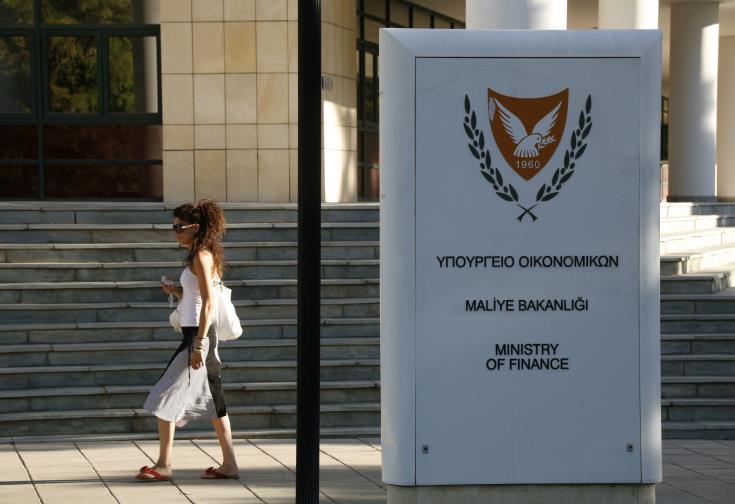Cyprus’ public debt widened to €26 bln, or 124% of GDP at the end of February, pushed by increased government borrowing to support the real economy during the coronavirus pandemic.
Rising public debt comes as authorities sought to boost cash reserves, building a buffer that would enable the government to support the economy during lockdowns.
Finance Minister Constantinos Petrides has told CNA: “It was a strategic target from the onset (of the pandemic) not to risk downgrades or public finances sustainability.”
He said the move gave the government “the capacity to support the economy with immediate interventions whenever needed.”
According to data Central Bank of Cyprus data, government cash reserves amount to €4.97 bln with net public debt (adjusting for cash reserves) at €21 bln.
The public debt increase comes amid favourable borrowing conditions due to Central Banks’ monetary policy pushing sovereign yields downwards and Cyprus’ continued investment-grade rating despite the pandemic.
According to the Public Debt Management Office (PDMO) data, Cyprus’ debt-servicing cost continued its downward path, declining to 1.8% of GDP in 2020.
Furthermore, Cyprus public debt will decline by the end-April as the authorities will repay a Treasury Bill issued last year to domestic financial institutions amounting to €1.25 bln, an additional domestic bond of €580 mln will mature by the end of the year.
This debt is replaced with more long-term and cheaper borrowing from the markets, leading to a smoother maturing curve and lower servicing costs. Two elements considered essential for debt sustainability.
According to the IMF, after its mission to Cyprus, “despite the elevated debt level—118% of GDP at end-2020—a sizeable cash buffer and extremely low financing costs are expected to provide a cushion for debt sustainability for some time.”
With pandemic funding measures exceeding €1.2 bln so far, the Finance Minister told MPs last week that the government will continue supporting the economy.
In its latest World Economic Outlook, the IMF said fiscal policy should remain supportive and be lifted gradually until the pandemic ends.
“Thanks to unprecedented policy response, the COVID-19 recession is likely to leave smaller scars than the 2008 global financial crisis.”
It said countries with limited fiscal space “extraordinary spending would need to be balanced with debt sustainability within credible frameworks.” (source CNA)










